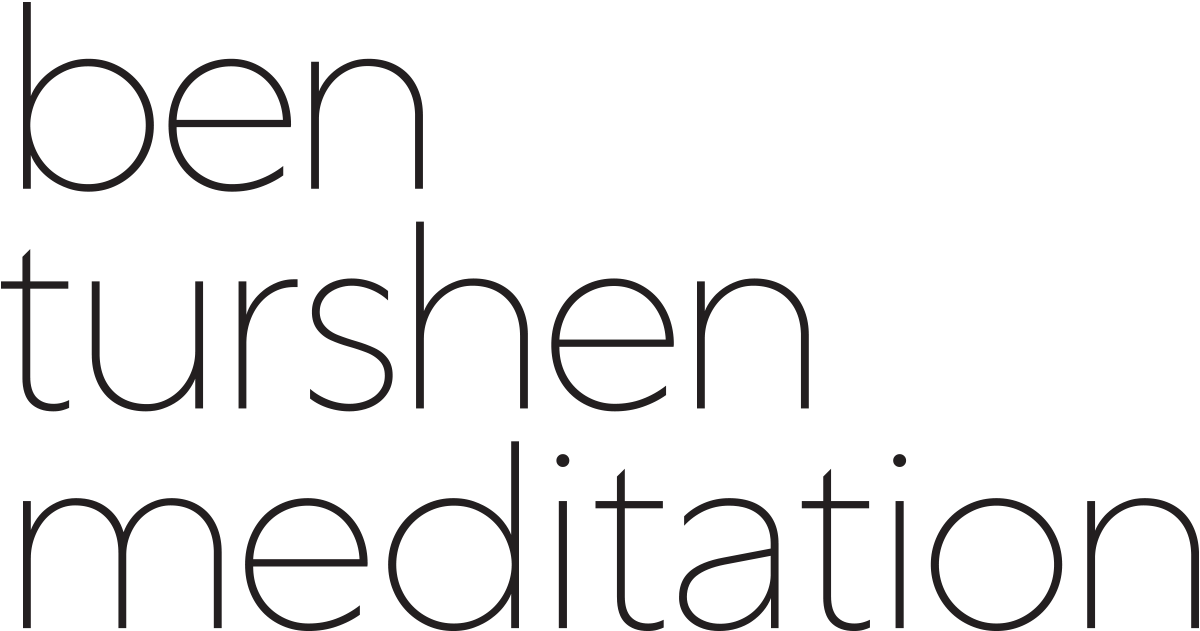What is Vedic Meditation?
Vedic Meditation comes from ancient India. The word Vedic comes from the Sanskrit word Veda, or knowledge. The Vedas are the ancient Indian body of knowledge that is the source of Ayurvedic medicine, yoga, and Indian philosophy.
The Vedic Meditation technique is practiced by sitting comfortably with eyes-closed, and gently using a specific sound, or “mantra,” to naturally settle the mind and body into a state of deep rest. This state goes beyond thought, and is referred to as transcending.
What Is The Difference Between Vedic Meditation and Access Meditation?
Vedic Meditation is a mental technique, a “top down” methodology. The Access Meditation program includes both a breathing technique (a “bottoms up” methodology) called Access Calm and a mental technique (a “bottoms up” methodology) called Access Stillness.
Vedic Meditation has historical and cultural ties which constrain how the techniques is taught. Vedic Meditation is only taught in person over four two-hour sessions held on consecutive days. Because the Access Meditation does not share these ties, it can be taught in multiple formats including in-person personal instruction, live online video instruction and a standalone recorded online video course. This makes the Access Meditation program extremely accessible to anyone, anywhere in the world.
The live Access Meditation courses consist of two two-hour sessions held over consecutive days, the instruction is focused on correct effortless technique and establishing a daily practice to maximize results. The instruction Vedic Meditation courses consist of four two-hour sessions held on four consecutive and include discussion of theories of stress release or the development of consciousness through meditation. Because the Vedic Meditation courses are longer in duration, students have a few more opportunities to review their meditation experiences with their teacher.
The Access Stillness meditation technique uses a proprietary universal mantra (meditation sound). All students receive the same sound. In Vedic Meditation, after witnessing an ceremony of gratitude (referred to as a puja in Sanskrit) students are assigned a personal mantra.
For Access Meditation, students receive a lifetime of follow-up and support with Ben Turshen. For Vedic Meditation, meditators get a lifetime of follow-up and support with Ben and as well as any other qualified Vedic Meditation teacher worldwide.
Ben no longer teaches nor recommends Vedic Meditation.

